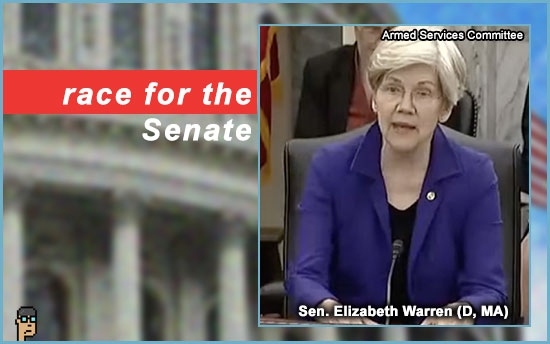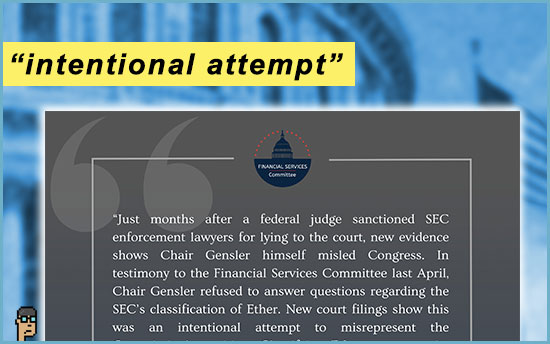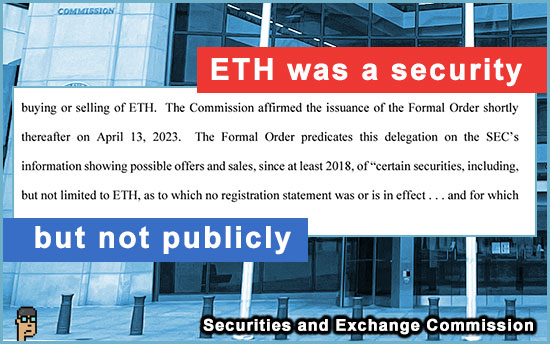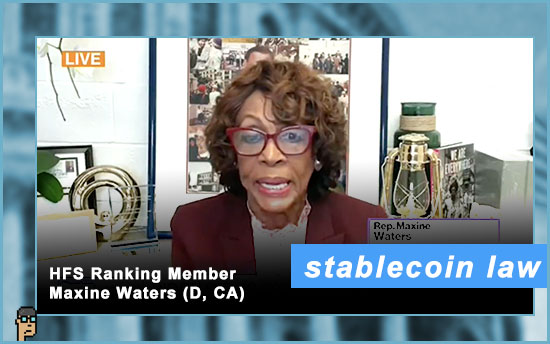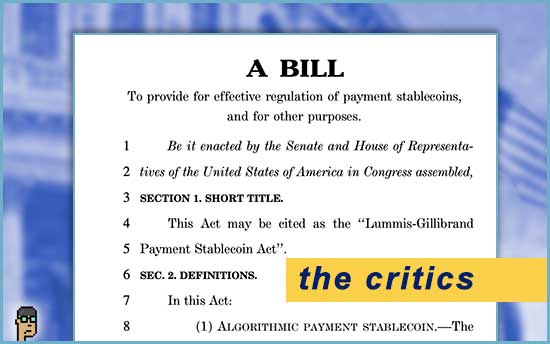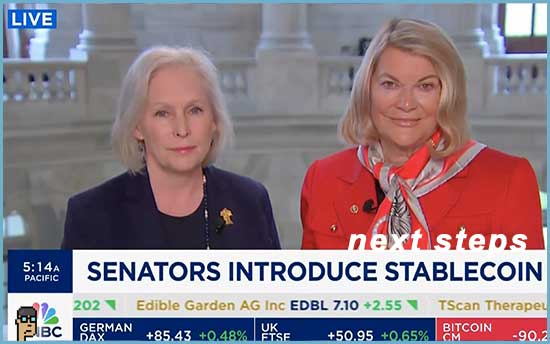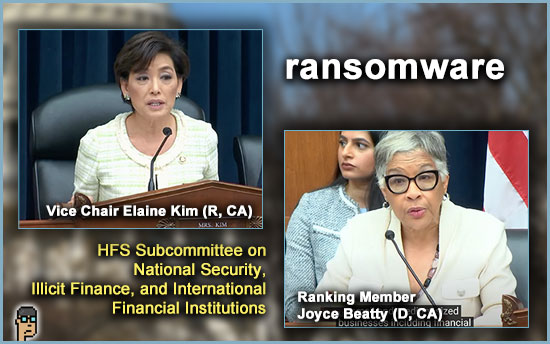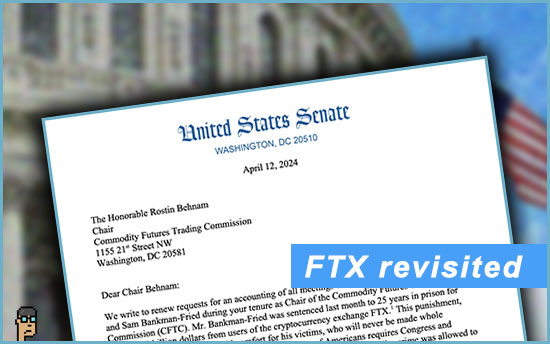BlackRock on illicit finance, crypto
“This is a technology that presumably could actually decrease the utility for illicit finance,” says Samara Cohen in reference to blockchain technology. She should know as a BlackRock senior managing director and the company’s chief investment officer of its ETF & Index Investments -which includes the recent launch of the company’s Bitcoin spot market ETF.
Cohen appeared on Bloomberg’s “Masters in Business” podcast with host Barry Ritholtz this week and had pointed remarks on regulation and the surprising “take” – compared to some in Congress – on illicit finance and the benefits of crypto’s underlying technology. During the course of the podcast, it’s obvious that BlackRock has a committed, long-term view on digital assets.
Highlights include: (lightly edited for clarity)
On why it took so long for a Bitcoin spot market ETF to appear :
Ms. Cohen: “First, I think the narrative from investors really grew over the past few years. The infrastructure in the crypto world was also evolving, but regulation and policy has been evolving as well and still has a long ways to go. So I think regulators needed to – and the SEC, in particular – needed to hear from investors [and] work through the operating model. And then also remember, (…) this SEC has a very ambitious equity market structure agenda on their plate. And that’s really been their priority. But, ultimately, investor demand and desire or access in an ETF won out.”
On what investors are looking for with a crypto ETF:
Ms. Cohen: “The convenience of ETFs is incredibly compelling for investors. They understand the ecosystem. Now, importantly, with Bitcoin ETFs, the institutional grade custody is really important for investors as well.”
“To your question about the the crypto ecosystem separate from ETFs, I think there are a lot of questions there around how that evolves. In terms of what we’ve seen so far. Is it the technology that’s created it? Or is it really the fact that there have been no guardrails around the ecosystem that is built around it? I would say the technology has a lot of promise in terms of its transparency and auditability. This is a technology that presumably could actually decrease the utility for illicit finance (51:52). However, we would really need a regulatory and policy environment supporting it. And I think that’s where there are a lot of questions, particularly in the US around future direction.”
Hear the podcast on Apple Podcasts. Continue reading “Crypto Tech ‘Decreases Utility’ For Illicit Finance – BlackRock; Warren Challenges CFTC Behnam”

